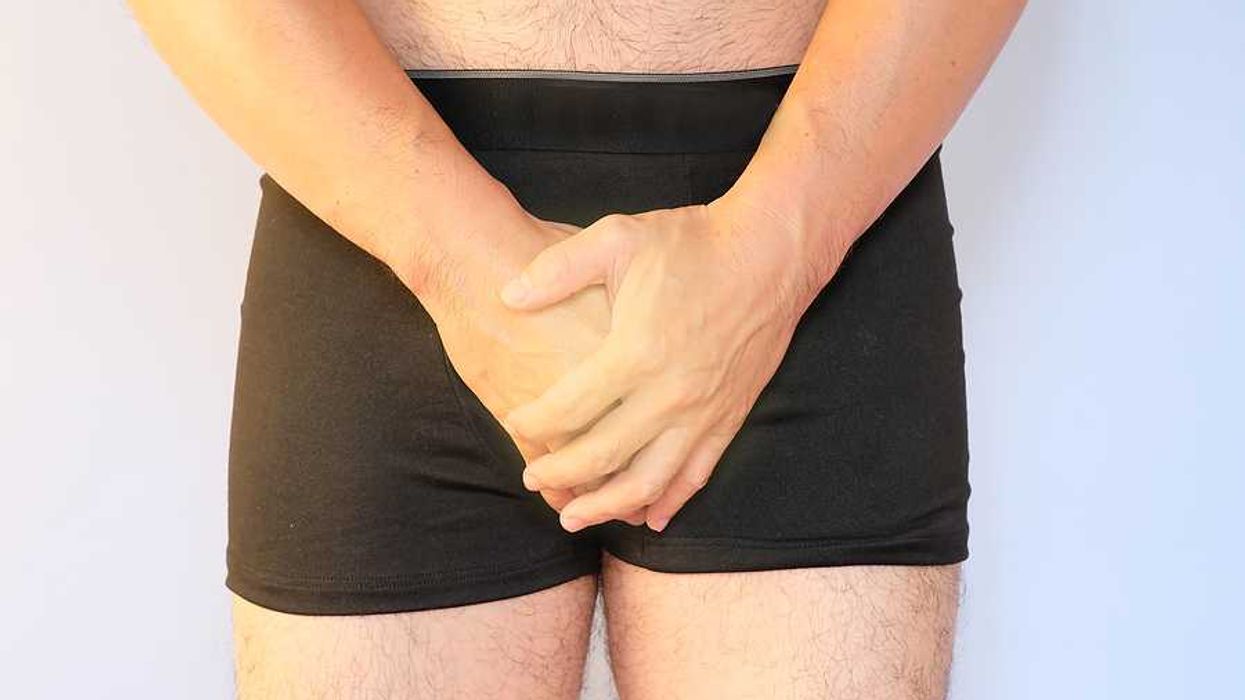Scientists are finding microplastics in human blood, lungs, and even the brain, sparking concerns over potential health risks, including inflammation, organ damage, and links to diseases like dementia and heart conditions.
Lauren Fuge reports for Cosmos.
In short:
- A recent study found human brains may contain up to 7 grams of microplastics, with levels rising over time and appearing higher in dementia patients.
- Research suggests microplastics in the bloodstream could be linked to increased risks of heart attacks, strokes, and other serious health issues.
- Studies in animals and lab-grown tissues indicate microplastics may disrupt gut bacteria, harm lung development, and interfere with cellular functions.
Key quote:
"The dramatic increase in brain microplastic concentrations over just eight years, from 2016 to 2024, is particularly alarming."
— Nicholas Fabiano, lead author, University of Ottawa
Why this matters:
Microplastics, the tiny plastic particles now found in nearly every corner of the planet, have made their way into the human body. Researchers have detected them in the lungs, bloodstream, and even the placenta, raising pressing questions about their potential health effects. But while scientists suspect links to inflammation, cardiovascular disease, and neurological conditions, the full extent of the risks remains unclear.
Researchers are particularly concerned about the chemicals that plastics contain, including endocrine disruptors like bisphenol A (BPA) and phthalates, which have been linked to hormone imbalances and reproductive issues. There’s also the potential for microplastics to act as carriers for toxic pollutants, further compounding health risks.
As plastic production continues to climb — expected to triple by 2060 — so too does human exposure. While regulatory efforts are beginning to address the issue, the science is still playing catch-up, making microplastics a growing and urgent field of study.
Related: Op-ed: “Plastic People” — A documentary that changed my view on plastics














